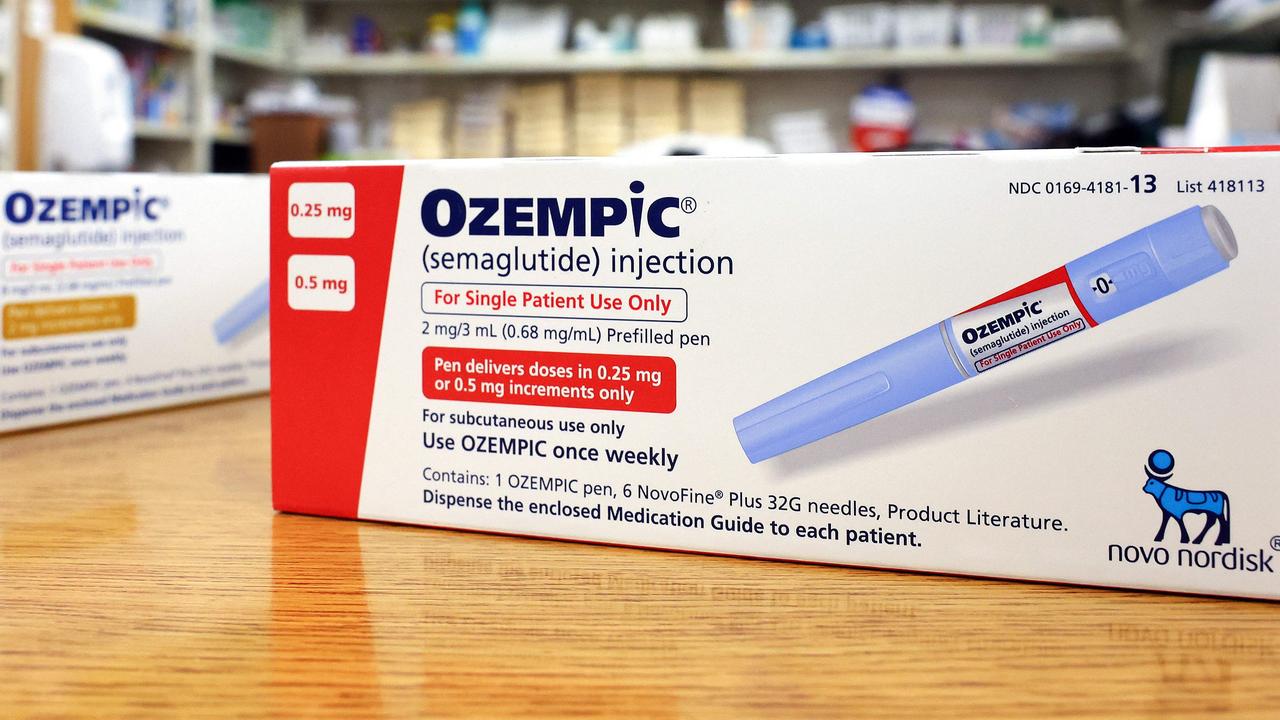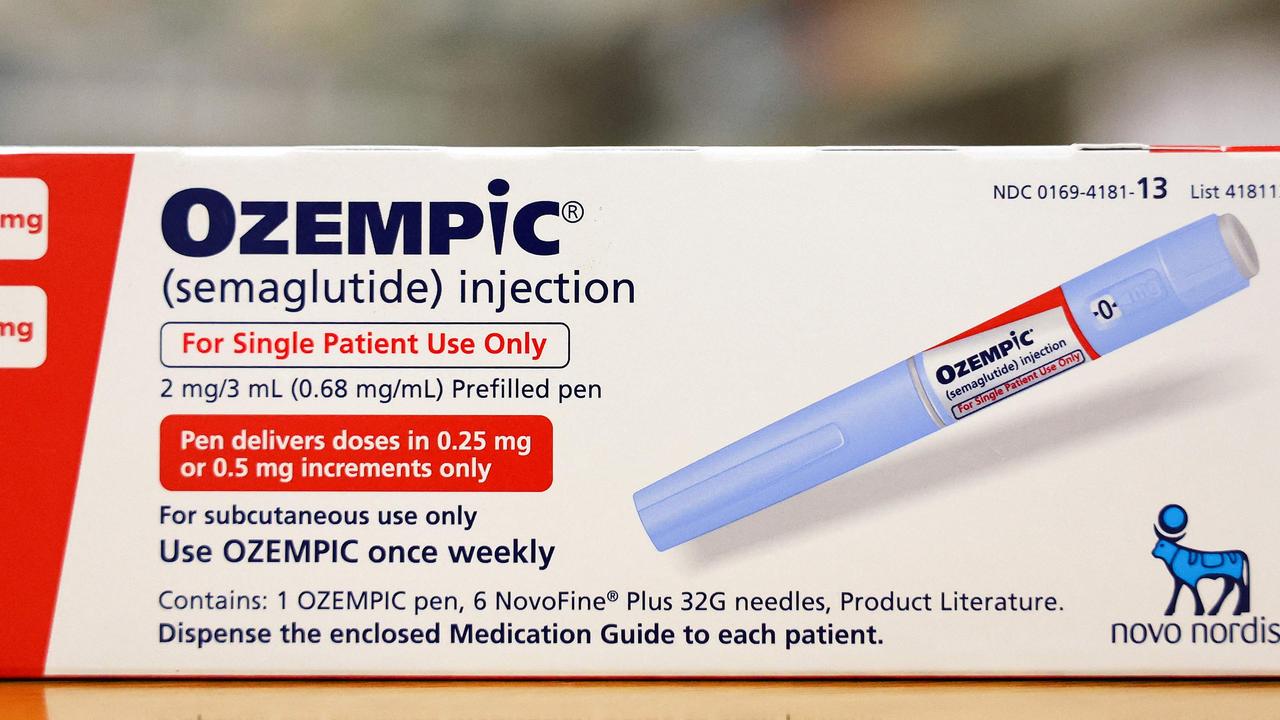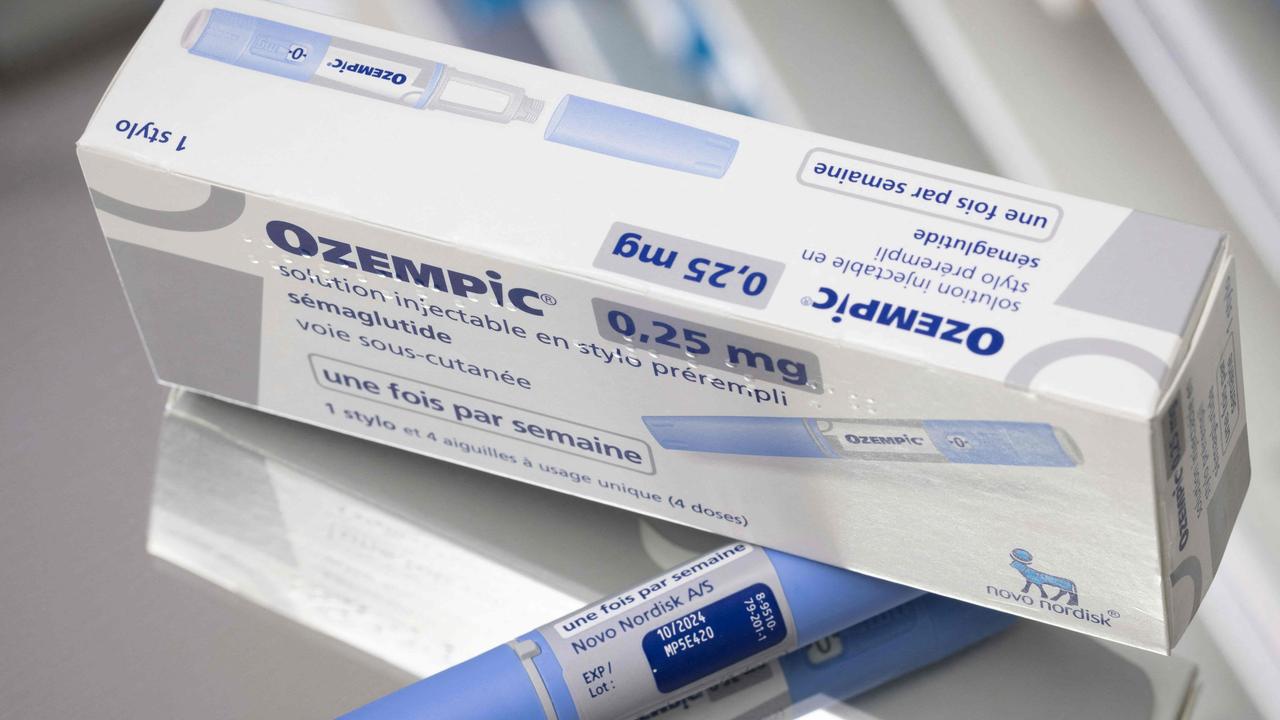People are taking this diabetes drug to look younger
It's not Ozempic either

Diabetes
Don't miss out on the headlines from Diabetes. Followed categories will be added to My News.
Off-label use of a common diabetes drug is on the rise, but some experts warn the data is not yet there to support it.
The online ‘longevity community’ is thriving. Exciting new frontiers of research are exploring just what is possible in the way of increasing not only our lifespan but also our healthspan - making the prospect of living longer and more healthful lives than anyone in history a genuine prospect for our generation.
Thanks to the headline-grabbing nature of this kind of science and the proliferation of biohacking advice on podcasts ranging from the often controversial The Joe Rogan Experience to the heavily data-backed Huberman Lab, health-inclined people are paying attention. The tantalising opportunity to carve out more healthful years with the people we love is, after all, hard to ignore.
Subreddits such as r/longevity and r/biohackers have over 200K members between them, with users sharing tips on everything from behavioural protocols like cold immersion and sauna, to diet tweaks (the keto and intermittent fasting crowd are a vocal majority) and medication/supplementation to support anti-ageing.
Like what you see? Sign up to our bodyandsoul.com.au newsletter for more stories like this.
What’s the fuss about Metformin?
It’s this last topic that has seen a lot of discussion about Metformin, a diabetes medication that an increasing number of otherwise healthy people are using in an effort to extend their lifespan.
A 2014 study found that people with type 2 diabetes taking Metformin actually lived longer than those without type 2 diabetes who have not been prescribed the drug, while another study from around the same time found it increased lifespan and health span in mice.
Harvard scientist Professor David Sinclair, bestselling author of Lifespan: Why We Age and Why We Don’t Have To, is a well-known proponent of Metformin’s benefits in anti-ageing, including it in his own daily regimen of drugs and supplements due to it being a relatively safe, well-tolerated and cheap drug, he explains in this YouTube video.
“I’m always doing a risk/reward ratio with myself,” he says, “and what’s the risk of not doing anything? It’s pretty high. I know what I’m going to be feeling in 20 years - I’m nearly 50, I’ll be 70, and it’s not going to be fun. So then, what’s the risk of taking Metformin?” he continues, “Well, it does have some side effects which can be severe, but for most people the most they’ll experience is an upset stomach, which I am prepared to tolerate and mitigate with the benefit of potentially having a much healthier older age.”

Off-label use on the rise
In 2019, the global Metformin industry was valued at over AUD$370million, and according to MarketWatch, that figure is expected to balloon to AUD $560 million by 2026, giving it a compound annual growth rate of 5.5 per cent.
While exact figures for off-label use (that is, healthy individuals self-medicating in the hope of preventing age-related illnesses) are tricky to pin down, anecdotal evidence from Facebook groups and subreddits across the internet suggests it plays at least some part in the drug’s exponential growth in popularity.

The science is somewhat controversial
Professor Luigi Fontana is Scientific Director of the Charles Perkins Centre, RPA Clinic at the University of Sydney and author of the book The Path to Longevity: How to Live to 100 with the Health and Stamina of a 40-year-old, cautions data on Metformin used in this way is still being collected, pointing to a Danish study that found a heightened risk of genital birth defects in the sons of men who were taking Metformin in the preconception phase.
“The data on whether Metformin increases lifespan remains controversial,” he explains, citing the Interventions Testing Program (ITP), a peer-reviewed multi-institutional study supported by the American Institute for Aging (NIA) that tests the impacts of various interventions on lifespan.
“There are a few small studies showing that Metformin extends lifespan but the NIA invested a huge amount of money in this gold standard study to test a number of molecules across three independent centres in hundreds of mice. It found that Metformin alone did NOT extend life.”
That said, Professor Fontana believes the research around Metformin is interesting, and that an upcoming trial could shed more definitive light on its benefits.
“Probably in six or seven years from now, we’re going to have some answers. There’s a study called the TAME (Targeting Ageing with Metformin) study that is planning to prove that Metformin is not only reducing diabetes, but it's also reducing cardiovascular disease, cancer and dementia,” he explains. “Basically, they want to prove it is acting on some ageing pathways that are preventing multiple diseases at once. But that study hasn’t started yet, so therefore there are not currently strong, unequivocal data showing Metformin has a strong anti-ageing effect.”
“Besides,” Fontana continues, “there are now millions of people with diabetes taking Metformin, and I don't see any of them getting younger.”
Originally published as People are taking this diabetes drug to look younger






